Attention Deficit Hyperactivity Disorder in Children.
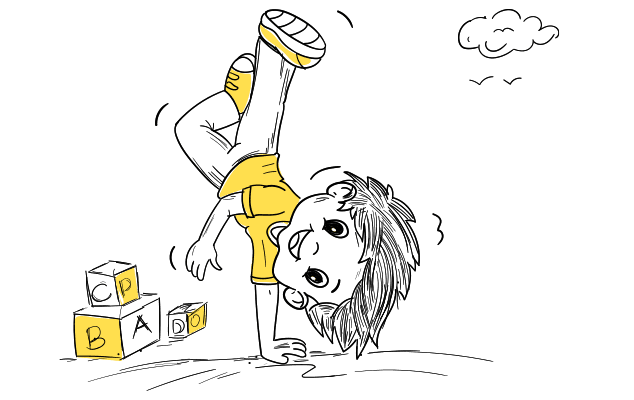
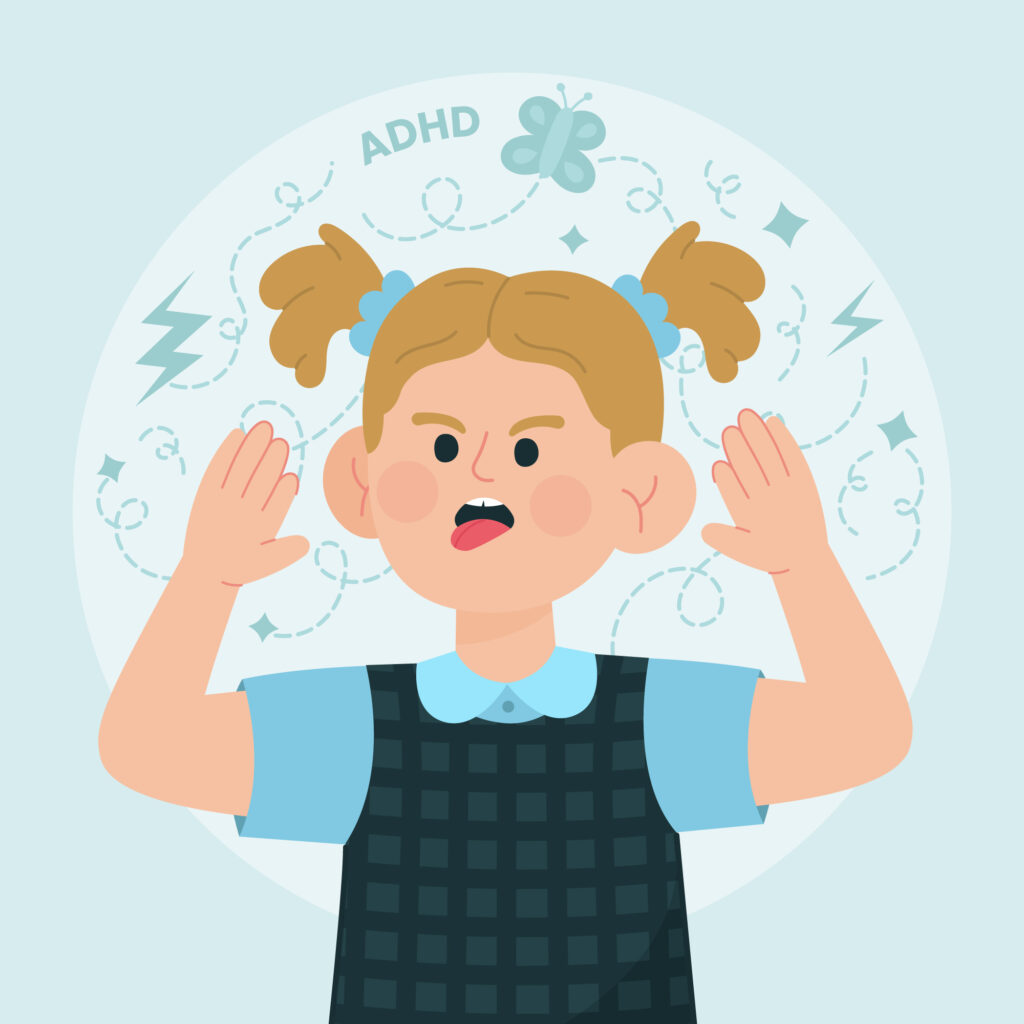
What is ADHD?
ADHD stands for Attention Deficit Hyperactivity Disorder. It is a neurodevelopmental disorder that affects how you pay attention, sit still, and control your behaviour. It occurs in children and may continue into adulthood.
ADHD can be manageable if it is spotted early. Moreover, it is most commonly spotted during early childhood when the child has difficulty paying attention or is hyperactive. It cannot be cured or prevented but therapies and individualised educational plans help the child to manage their symptoms.

Signs reflecting ADHD
| Inattentive type | Hyperactive-impulsive type |
|
|
|
|
|
|
|
|
|
|
|
|
|
|
|
|
|
|
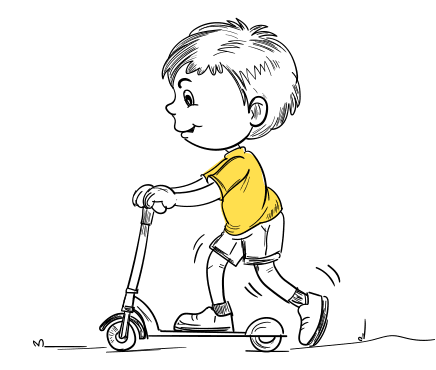
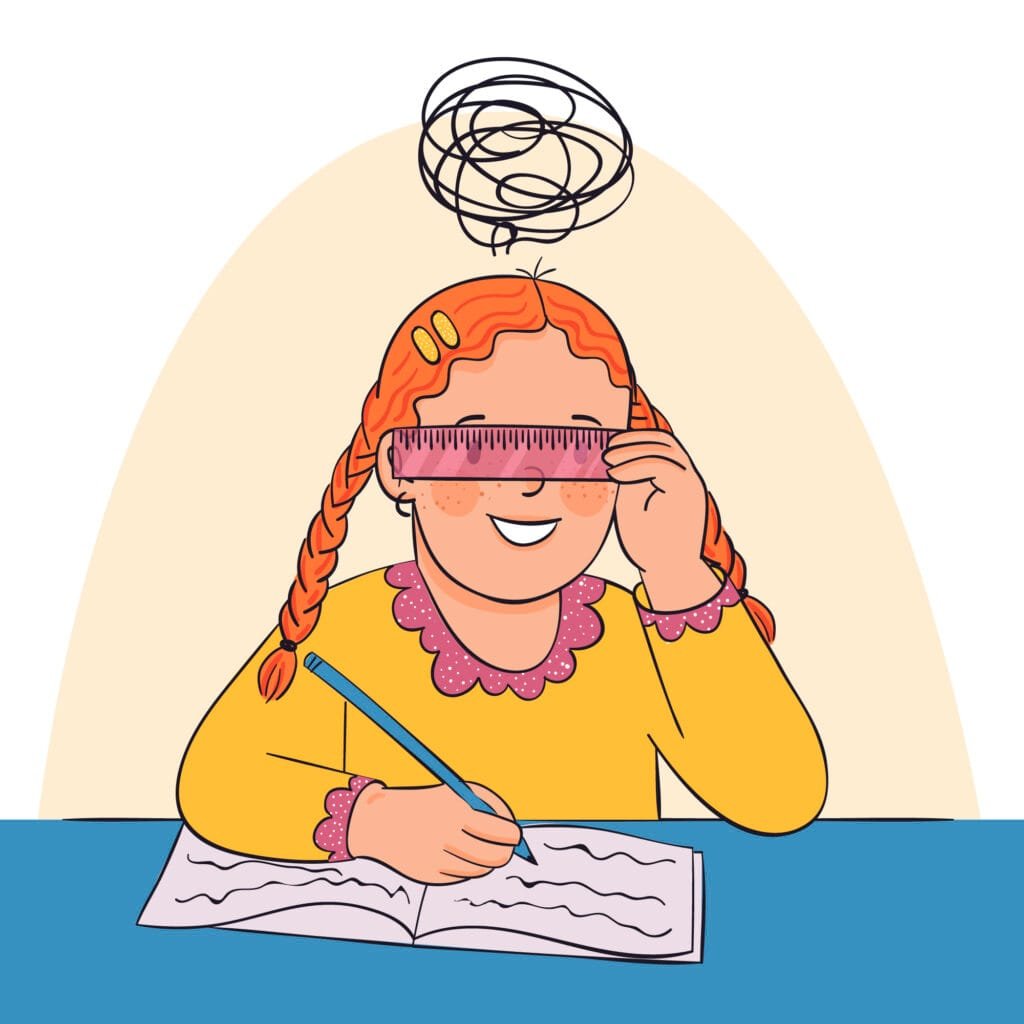
Causes of ADHD
- Family history & genetics: A family history increases the risk of a child developing ADHD.
- Prenatal and neonatal risks: poor growth in the uterus (severe intrauterine growth restriction), exposure to alcohol or drugs before being born, premature birth and very low birth weight, and lack of oxygen are one of the major causes of ADHD.
- Psychological Trauma: Trauma or abuse in early childhood may affect brain development and lead to ADHD.
- Physical Trauma: Head injuries or nervous system infections might play a role in the development of this disorder.
- Environmental Factors: Exposure to high levels of toxins, such as lead, has been linked to an increased risk of learning and attention-related disorders.
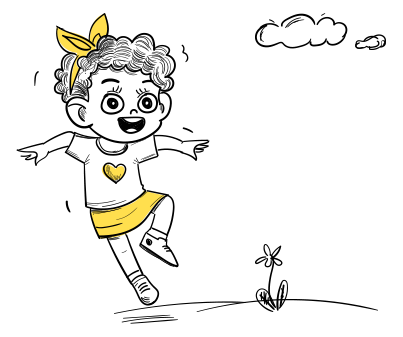
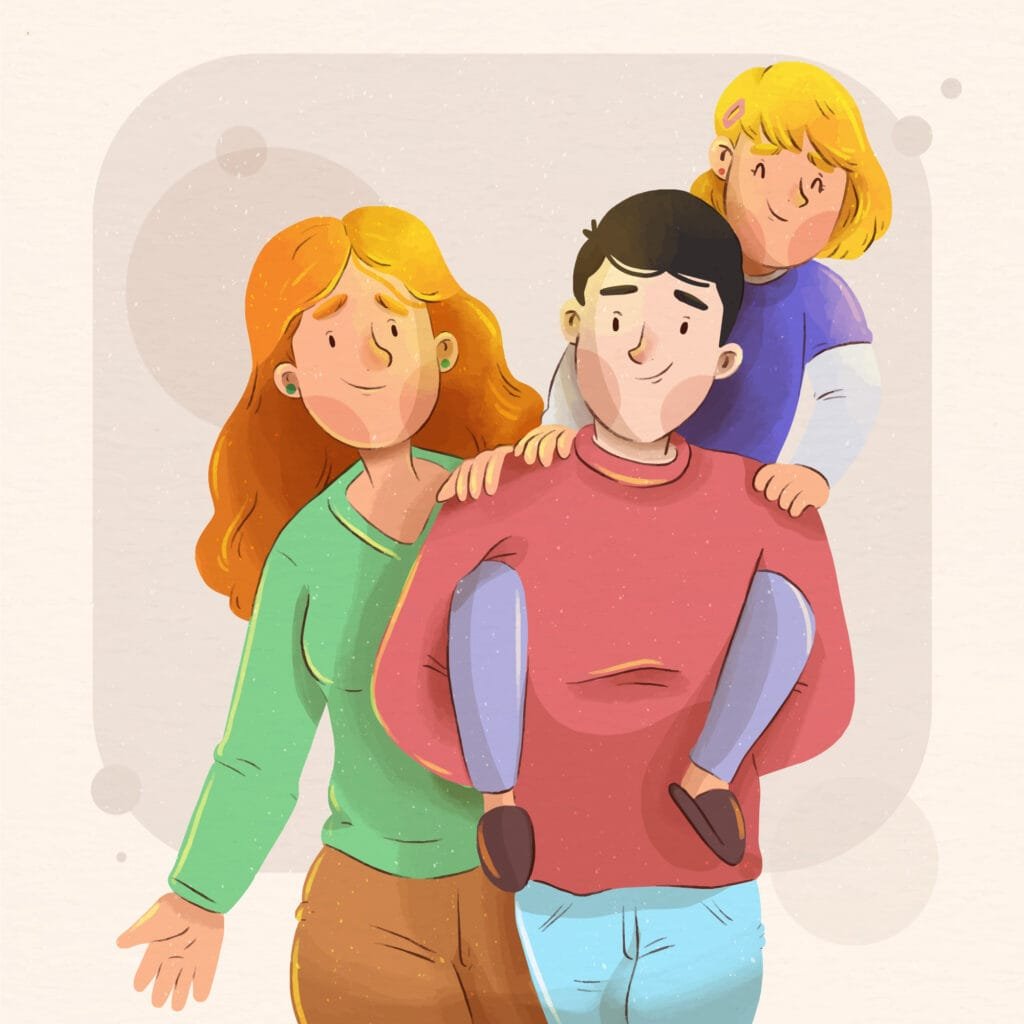
Suggestions for parents:
Children with ADHD generally have deficits in executive functions like the ability to think and plan ahead, organize, control their impulses, and complete tasks on time. The parents should provide extra guidance while the child gradually acquires executive skills of their own.
- Maintain a positive attitude.
- Keep a written list of positive, unique, and valuable things about your child.
- Remember that the child’s behaviour is due to the disorder and most of the time unintentional.
- Be prepared to compromise.
- Be patient.


